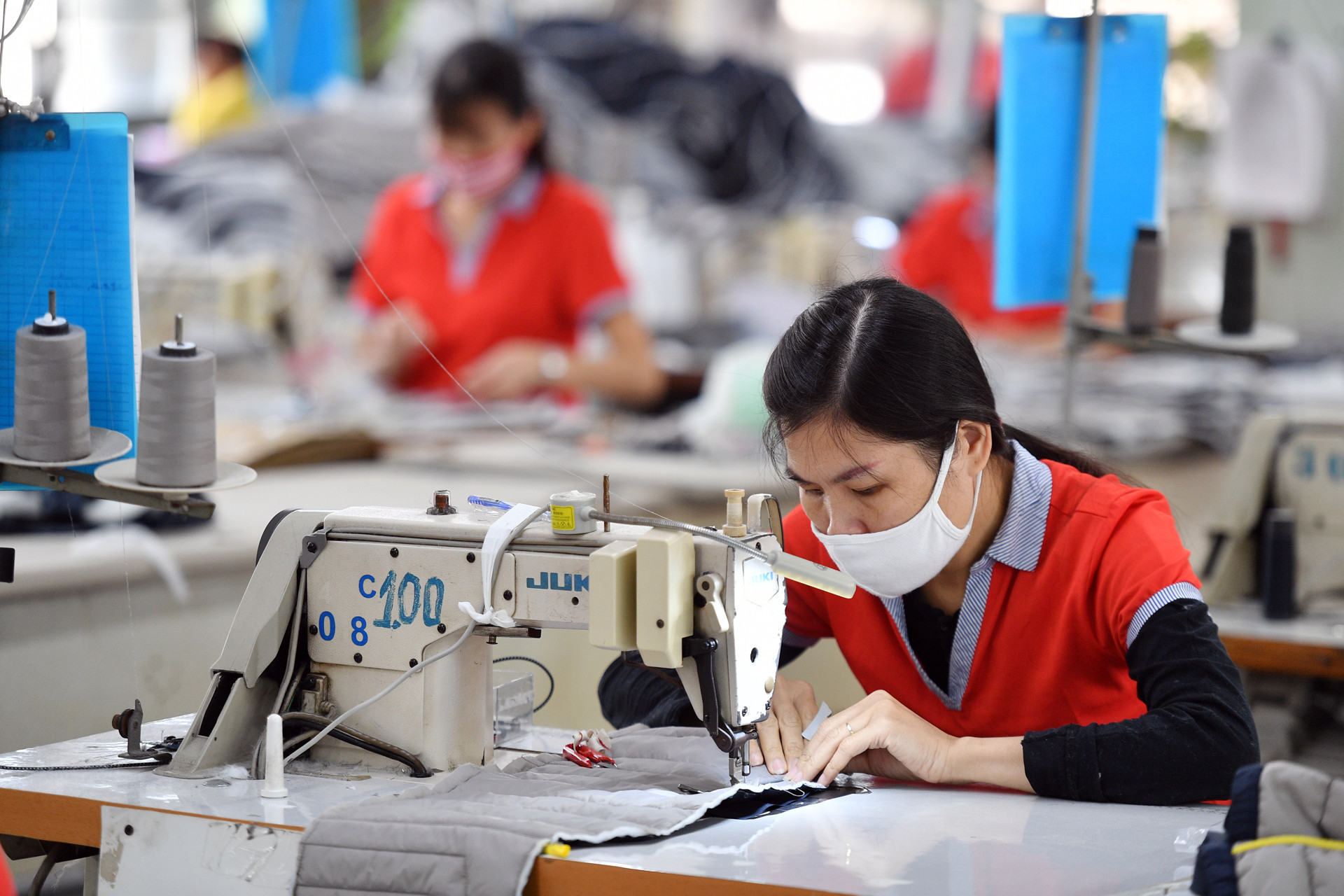The US government’s decision to delay the imposition of tariffs and resume negotiations presents both an opportunity and a warning. In a world marked by uncertainty, Vietnam must now define a decisive development strategy for the upcoming phase.
An opportunity to negotiate

Avoiding involvement in trade wars and refraining from confrontation, Vietnam has proposed reducing import tariffs on US goods to 0% and hopes the US will reciprocate for Vietnamese exports.
Speaking with VietNamNet, Dr. Vu Thanh Tu Anh, Senior Lecturer at the Fulbright School of Public Policy and Management, Fulbright University Vietnam, said: “Our orientation is absolutely correct.”
According to him, with Vietnam’s economy heavily reliant on exports and foreign investment, it is vital to maintain the most favorable environment possible. This includes securing the lowest possible import tariffs for major markets, and the US is Vietnam’s largest export destination.
Dr. Tu Anh stressed that creating a stable, non-confrontational environment is key to attracting investment. Much of the foreign investment Vietnam has drawn stems from its political stability and high economic growth. The US’s 90-day delay on retaliatory tariffs offers a valuable negotiation window.
“However, we must recognize this is only the beginning. Many issues are on the negotiation table that we may not fully foresee,” he warned.
He emphasized that, in addition to negotiations, Vietnam must be well-prepared with robust evidence to support its case. Moreover, proactive policy advocacy is needed, especially targeting influential figures close to former President Donald Trump.
Meanwhile, Associate Professor Dr. Pham The Anh from the National Economics University remarked that the proposed 46% US tariff was always intended as a negotiation stance, not an immediate imposition.
Thus, the 90-day delay in implementing the 46% countervailing tariff gives Vietnam time to prepare thoroughly. However, he cautioned that even with the delay, all affected countries would still face a minimum 10% tariff.
“It’s very difficult to return to previous tariff levels,” Dr. Pham said. “Regardless of the outcome in 90 days, international trade dynamics have already shifted. This presents Vietnam with serious challenges.”
A delayed tariff is both a chance and a warning
Dr. Pham The Anh explained that global trade rules have changed, and Vietnam must diversify both its markets and its product lines to avoid over-dependence on a single major market.
Beyond US negotiations, Vietnam must also proactively engage with other key trade partners regarding product origin rules to better adapt to policy shifts under the Trump administration.
A critical survival strategy for the coming period is diversification - of both export markets and industries - and increasing Vietnam’s value-added contributions to the global supply chain. Rather than focusing only on traditional partners like the EU, Japan, and South Korea, Vietnam must also tap into potential markets such as the Middle East, South America, and Africa.
At the same time, it is crucial to avoid over-reliance on a few key export sectors. Sustainable economic growth must be based on added value, not merely low-cost manufacturing. As Vietnam's export share grows, it also becomes more exposed to trade defense measures and tariff policies from other nations.
“Even if we accept a temporary decline in export volume, if the value-added content rises, growth can still be achieved. This would ensure economic benefits while reducing vulnerability to protectionist measures by major economies,” Dr. Pham noted.
He added that the government is currently reviewing each export sector to reassess strengths and potentials, aiming to devise appropriate strategies amid volatile global trade. Particularly for the foreign direct investment (FDI) sector, specific localization ratio requirements should be set for export-oriented production.
“The US postponing tariffs to allow further negotiation is an opportunity - but also a warning. One of the expected conditions will involve localization and product origin. Therefore, both FDI enterprises in Vietnam and the government’s macro policies must prioritize increasing localization rates to minimize risks from trade defense measures,” Dr. Pham concluded.
Nguyen Le